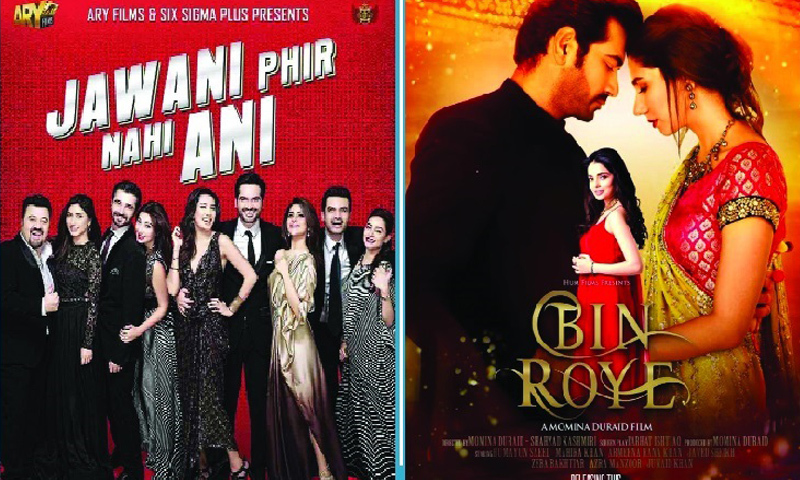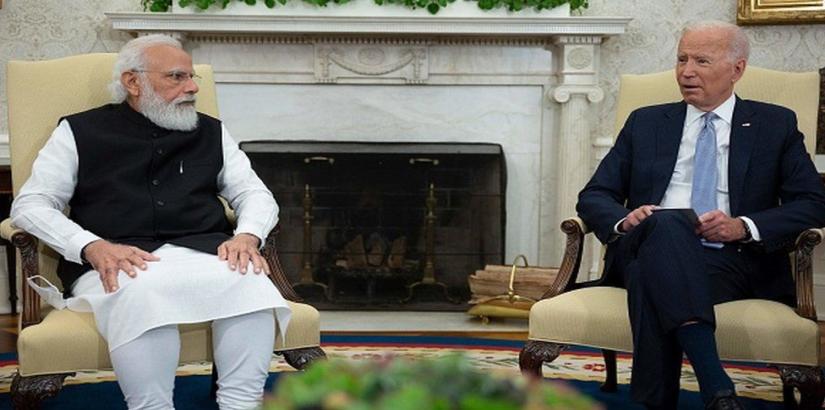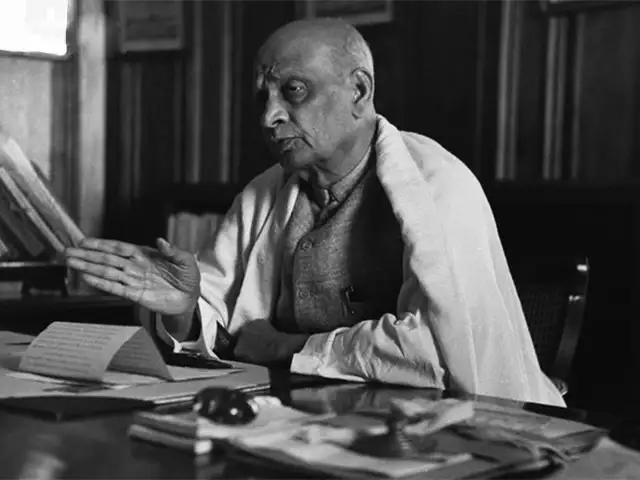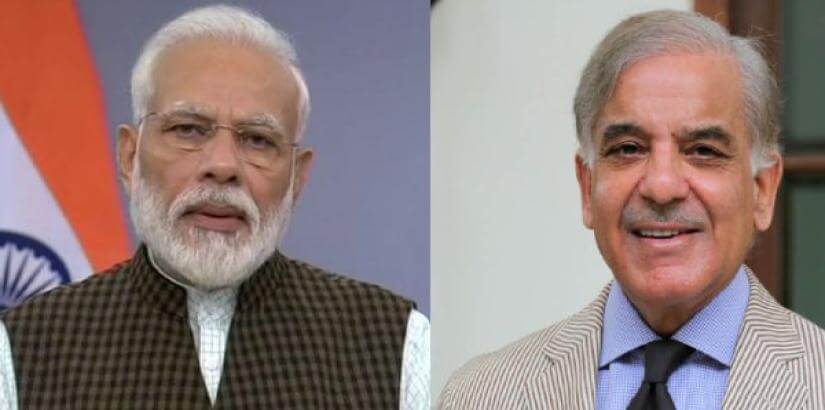Mahendra Ved
Pakistan’s plans to revive its for-long ailing film industry must confront the inevitable question: content in the form of good quality films. One of the obstacles comes from its iffy relations with India. Dawn newspaper (September 21, 2020) asks in an editorial: “If we can’t allow the Indians in, how fast can we produce our own films, of high quality, and have people trickle back to the cinema halls?”
Pakistan has banned Bollywood film imports since August last year in retaliation to India’s nullifying the special status of Jammu and Kashmir. While an earlier ban had been in response to India asking out the Pakistani artistes working in Bollywood ventures, this time the gain/loss is not mutual.
This is a very frequent occurrence given relations between the South Asian neighbors. Indeed, cinema is a soft target each time bilateral relations deteriorate.
Bollywood resonates with Pakistani
Prime Minister Imran Khan has in the recent past vigorously voted for Turkish films and television series, emphasizing that the fare that espoused Islamic values was any day preferable to the “vulgarity dished out by Hollywood-Bollywood.”
Logically, and politically, given the close Pakistan-Turkey relations and bonhomie between Khan and President Recep Tayyip Erdoğan the issue should have been settled. The roaring success of “Diriliş: Ertuğrul” (Resurrection: Ertuğrul) dubbed into Urdu should have provided the Pakistani audiences with the cinema-sans-vulgarity.
But this does not seem to suffice. Pakistani cinema industry, even as it fears being swamped by Bollywood, realizes the need for films from India that, given the common culture, resonate well with cinegoers. It is awaiting a political decision that could be challenging – and fraught with unpredictable consequences – for any Pakistani ruler.
Reviving Pakistani cinema industry
Media reports say Khan has asked his Special Assistant, retired Lt-Gen Asim Bajwa to work on a blueprint to revive the cinema industry and some work has been done.
A major issue is to stem the dwindling number of cinema theatres and bring back the audiences that have perforce moved on to other entertainment.
Former military ruler, Gen. Pervez Musharraf had opened up the cinema industry to Bollywood films that helped stem the decline in movie theatres from 1,100 to a mere 30 at the turn of the century. With more theatres built and thriving, the filmmaking also received the much-needed fillip. Good films like ‘Khuda Ke Liye’ ‘Bol’ and ‘Ramchand Pakistani’ to name a few, were made, won applause and awards abroad, and were screened in India.
Why, even ‘Waar,’ that portrayed Indian security agents as villains was made in retaliation to Bollywood’s ‘Baby’ and others that portrayed militants operating from Pakistan as the villains.
Future of Pakistani movies
Frequent bans, however, seem to have hit the Pakistani film industry yet again. Lt-Gen Asim Bajwa has been asked to work out how to bring all the stakeholders on the same table. A way needs to be found on how the filmmakers and distributors do not have to wait long to get their dues from exhibitors who throw their hands up when local films do not yield enough funds.
There are related problems like the need to convert single-screen theatres into the multiplex to make them viable. Dawn calls it “winds of change” that “swept away” the exhibition sector.
It emphasizes that “these multiplexes are an expensive entertainment option and the screening of Indian films was vital to their business.”
As elsewhere across the world, “Covid-19 has dealt another blow to the multiplexes and some of them are said to be on the verge of closing down.”
Pointing to the nostalgia of the common Pakistani to return to the cinema theatre, the editorial, however, cautions that “Cinema in the country can only be revived and prosper in conditions that are conducive to creative thinking.”
Freedom of expression in Pakistan, especially in the media, has in the recent months witnessed attacks, prosecution, ‘disappearance’ of journalists, and harassment that has forced some to leave the country.
Without specifying details, the newspaper editorial advises: “Essentially, we are talking of eliminating taboos that prevent an exploration of the cinema as one of the most powerful and globally popular means of communication.”South Asia Monitor







